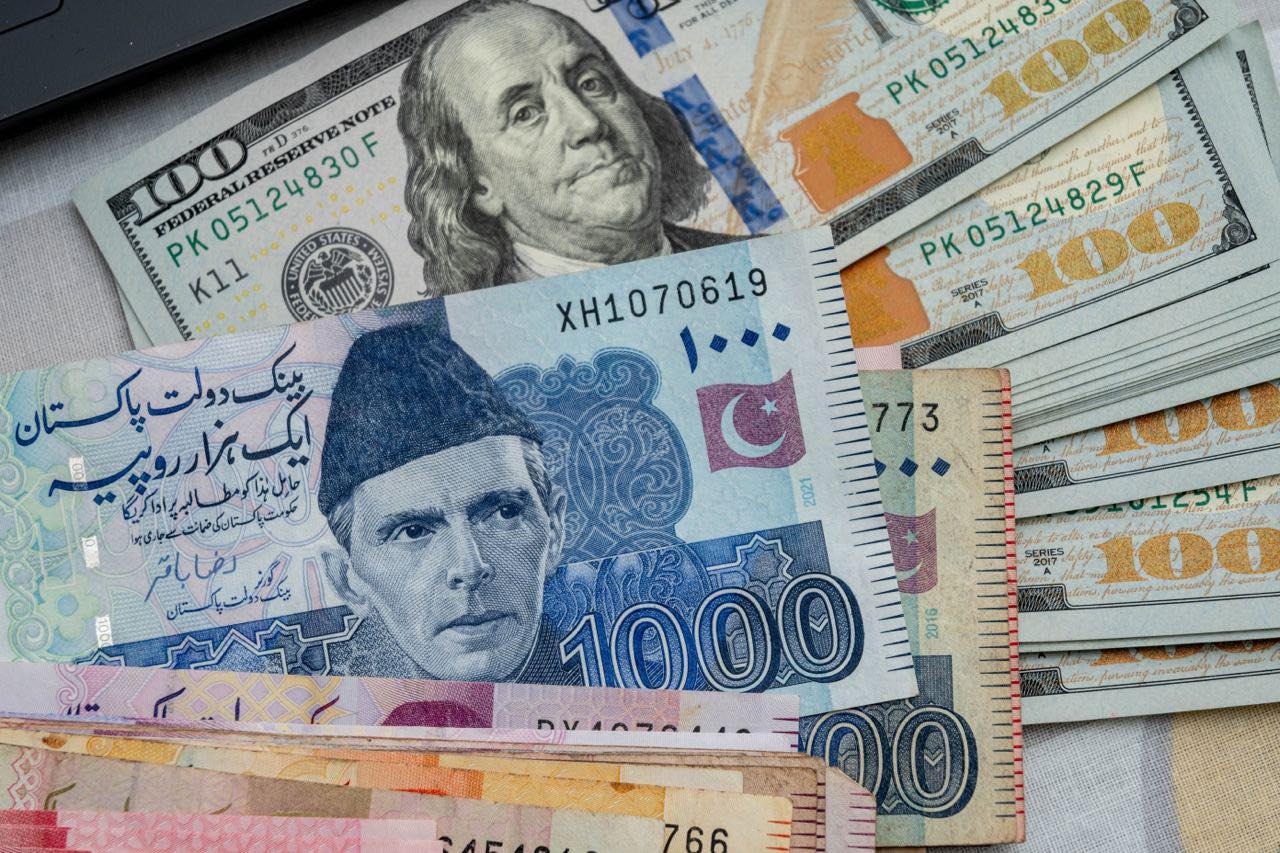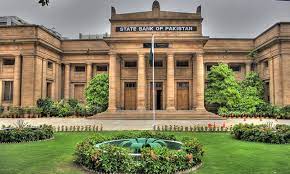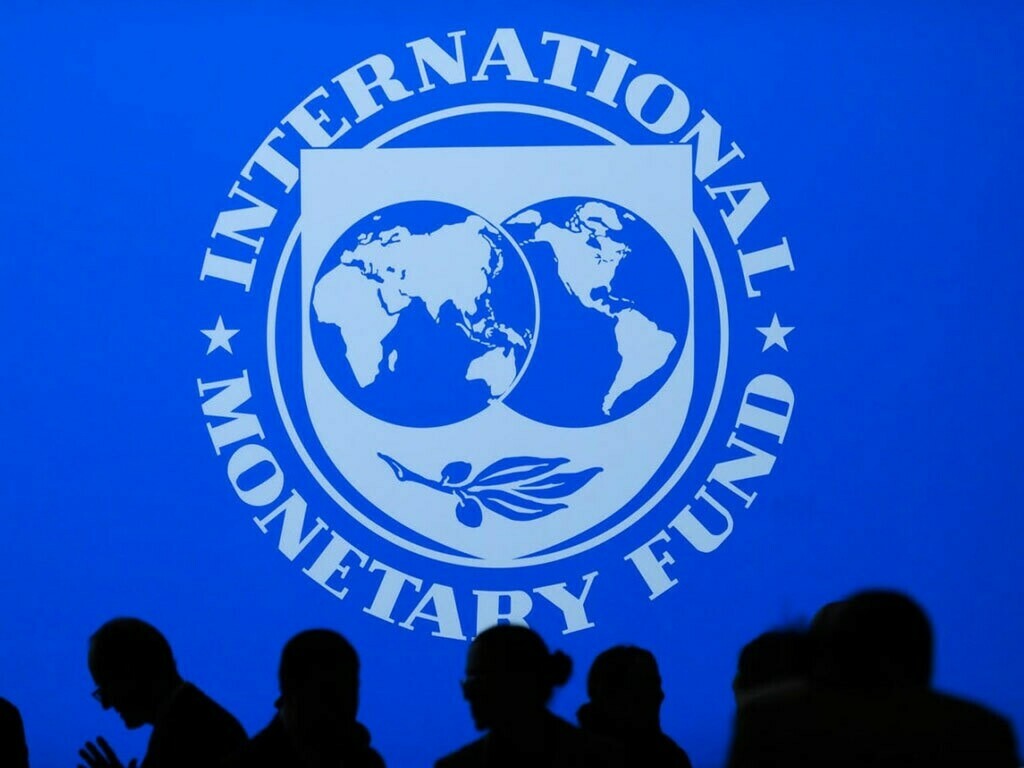The Cabinet Committee on Privatisation (CCOP) has given the green light to the inclusion of 24 entities in the Privatisation Programme 2024-29. The committee, chaired by Deputy Prime Minister and Foreign Minister Senator Ishaq Dar, also discussed the potential inclusion of other State-Owned Entities (SOEs) once the Cabinet Committee on State-Owned Enterprises (CCoSoEs) completes its review of the categorisation of Strategic and Essential SOEs.
During the meeting, the CCOP thoroughly reviewed the privatization policy guidelines. The discussion centered on the 84 SOEs listed in the federal footprint SOEs consolidated report for FY2020-22, taking into account the State-Owned Enterprises (SOE) Act and Policy. The Ministry of Privatization presented a phased Privatization Program for 2024-29, based on recommendations from the Privatization Commission (PC) Board in accordance with Section 5(b) of the Privatization Commission Ordinance 2000.
The CCOP recommended prioritising the reduction of the federal footprint in commercial sectors, focusing only on strategic and essential SOEs. The committee emphasised that even profit-making SOEs should be considered for privatization to streamline government operations and improve efficiency. Entities not categorised as strategic or essential will be reviewed by the CCOP to determine their inclusion in the privatization program.
One of the key discussions involved the transfer of shares of the Oil and Gas Development Company Limited (OGDCL). The proposal suggested transferring these shares, currently held by the Privatizations Commission, to a sovereign wealth fund or the Ministry of Energy (Petroleum Division).
In addition to approving the privatization of entities, the CCOP also sanctioned the budget estimates for the Privatization Commission for the fiscal year 2024-25, amounting to Rs. 8,169 million. This budget will support the activities and initiatives of the commission in executing the privatization program.
Earlier, the federal cabinet had approved the privatization of 13 entities under Pakistan’s Power Division. This list includes nine of the eleven government-owned power distribution companies. The Quetta Electric Supply Company and Tribal Electric Supply Company were notably excluded from this list. Additionally, the cabinet approved the inclusion of power generation companies (GENCOs) in the privatization list, further streamlining the energy sector.
The federal cabinet’s decision to privatize nine out of the eleven power distribution companies is a significant move aimed at improving efficiency and reducing the government’s financial burden. The companies included in the privatization list are expected to attract substantial private investment, which can lead to better service delivery and infrastructure improvements. The exclusion of the Quetta Electric Supply Company and Tribal Electric Supply Company suggests a strategic approach, possibly due to their unique operational challenges or regional significance.
The successful implementation of the privatization program will require meticulous planning and monitoring. The Ministry of Privatization, along with the Privatization Commission, will play a crucial role in ensuring that the privatization process is transparent, efficient, and beneficial for the country’s economy. Regular updates and reports will be essential to track progress and address any challenges that may arise during the implementation phase.
Privatization is expected to have several positive economic implications. By reducing the federal footprint in commercial sectors, the government aims to alleviate its financial burden and redirect resources towards essential public services. Moreover, privatization is likely to attract foreign investment, boost economic growth, and create job opportunities




